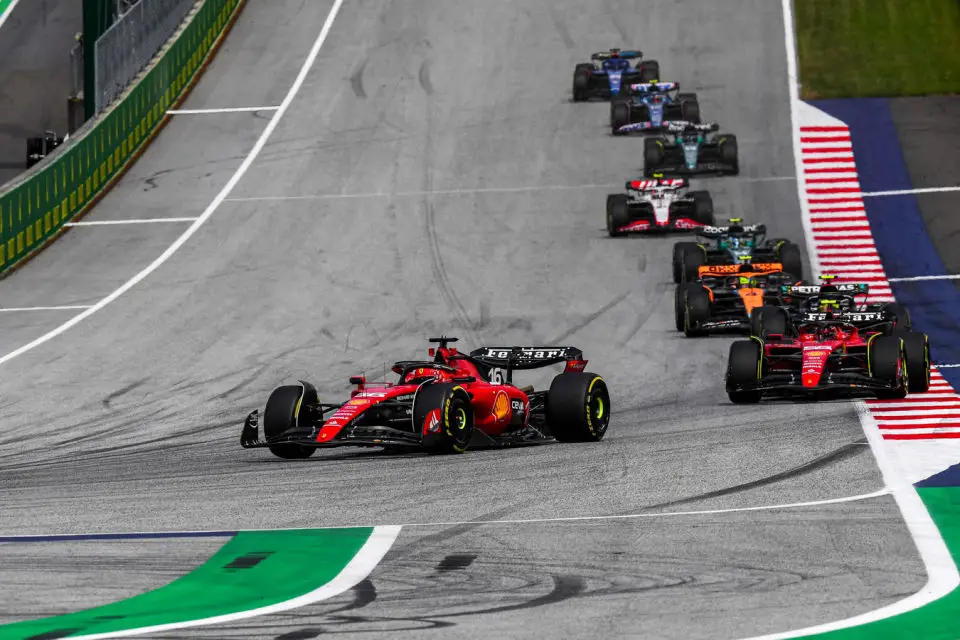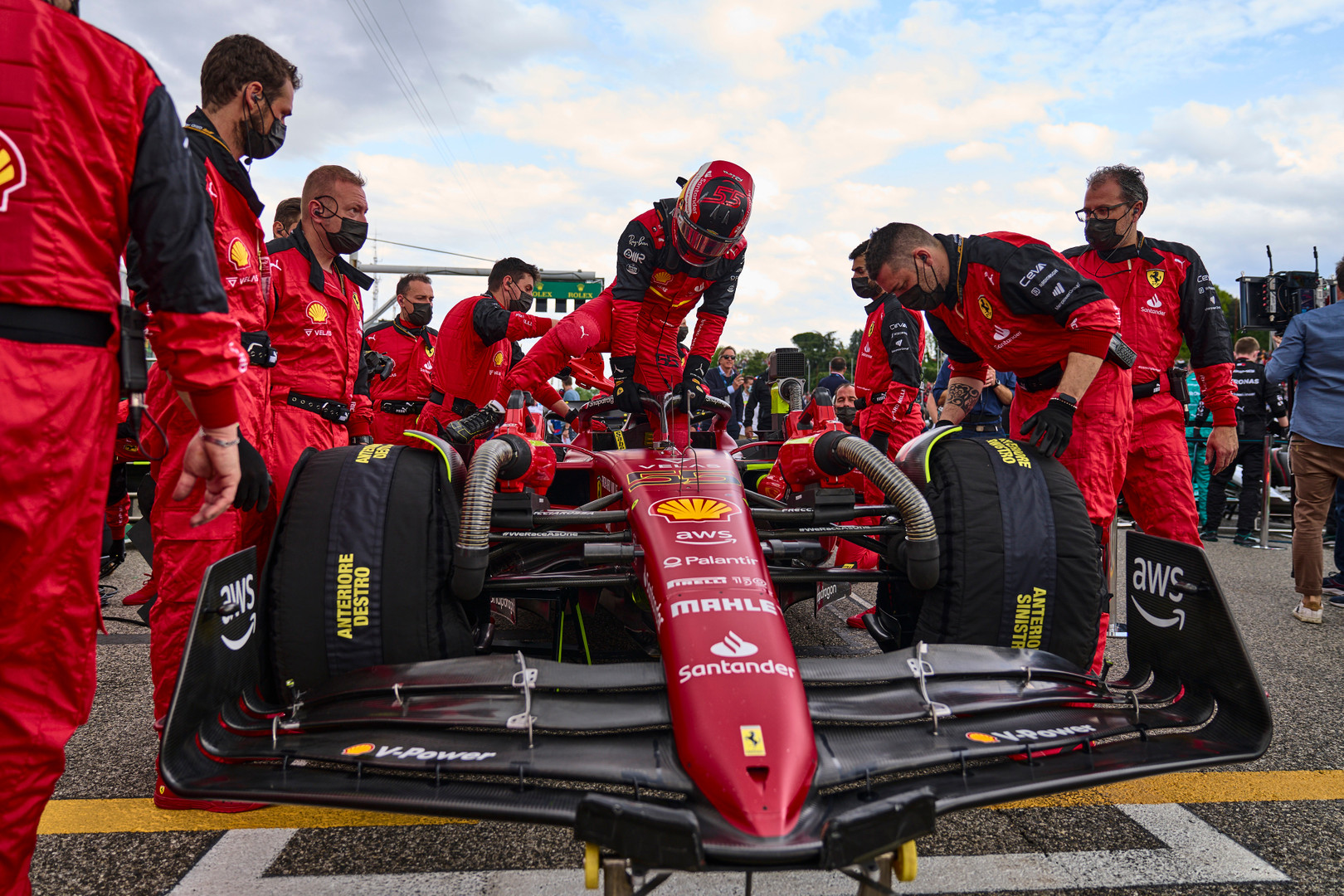Red Bull’s Formula 1 Venture: More Than Just an Energy Boost
Red Bull Team Principal Christian Horner recently shared insights into why an energy drink company like Red Bull is heavily invested in Formula 1. His revelations highlight the immense marketing potential and the passion for racing that drives the brand’s presence in this high-profile sport.
Key Takeaways:
- Marketing Powerhouse: Horner emphasized that Formula 1 serves as one of the best marketing platforms globally, offering unparalleled visibility and reach for the Red Bull brand. This platform is seen as an effective tool for global brand promotion, attracting followers worldwide and showcasing the brand every two weeks, compared to other major events like the Olympic Games and the World Cup, which occur only every four years.
- Passion for Racing: Beyond marketing, the shareholders’ genuine passion for racing and Formula 1 plays a significant role in Red Bull’s involvement. This enthusiasm for the sport underlines the brand’s commitment and is a key factor in its decision to maintain a strong presence in Formula 1 racing.
- Profitability and Sustainability: With regards to profitability, Horner pointed out the substantial global recognition the brand receives, which would be immensely costly to achieve through traditional advertising. He also mentioned the positive impact of sponsorship, partnerships, and the implementation of cost caps in F1, contributing to the sustainability and increasing intrinsic value of Formula 1 teams.

The realm of Formula 1, often associated with high-performance automotive brands like Mercedes, Ferrari, and McLaren, gains a unique participant in Red Bull, an energy drinks company. This unusual pairing has led to widespread curiosity about the rationale behind such a non-traditional partnership in the pinnacle of automotive racing.
Christian Horner, the team principal of Red Bull Racing, provided clear insights during his interview with CNBC. He stated, “Well, because I think the shareholders, they’ve always been passionate about racing and Formula 1 and they saw it as the perfect platform to market their brand. It’s the most-viewed sport in the world outside of the Olympic Games and the football World Cup. But of course, they only happen every four years. Formula 1 is every two weeks.”
This statement underscores the strategic positioning of Red Bull in Formula 1. Unlike traditional automotive companies that leverage the platform to market and develop technology for their vehicles, Red Bull uses it as a dynamic marketing tool, capitalizing on the sport’s global viewership and frequency to enhance brand visibility and recognition.
Moreover, Horner elaborated on the profitability aspect of Red Bull’s F1 involvement. He added, “It depends how you view it. In terms of the recognition for the brand globally, what that would cost to advertise, absolutely it’s a huge success in the amount that it’s promoting the Red Bull brand. And I think as the sponsorship and partnerships and the income improves, and cost caps take effect on both chassis and engine in Formula 1, it becomes a much more sustainable business. And we’re seeing the intrinsic value of Formula 1 teams just increase dramatically.”
The success of Red Bull in Formula 1 is not just in terms of marketing but also in its remarkable track record. Since its debut in 2005, the team has achieved significant milestones, including seven Drivers’ Championship titles and six Constructors’ Championship titles, all under Horner’s leadership. This impressive performance further solidifies Red Bull’s decision to venture into a domain dominated traditionally by automotive giants.
In conclusion, Red Bull’s journey in Formula 1 is a testament to how unconventional approaches can lead to unparalleled success. It’s not just about racing; it’s about passion, strategic marketing, and a vision that transcends traditional boundaries, making Red Bull a distinct and formidable player in the world of Formula 1 racing.



